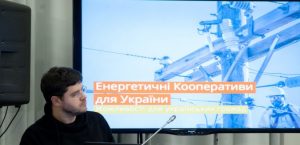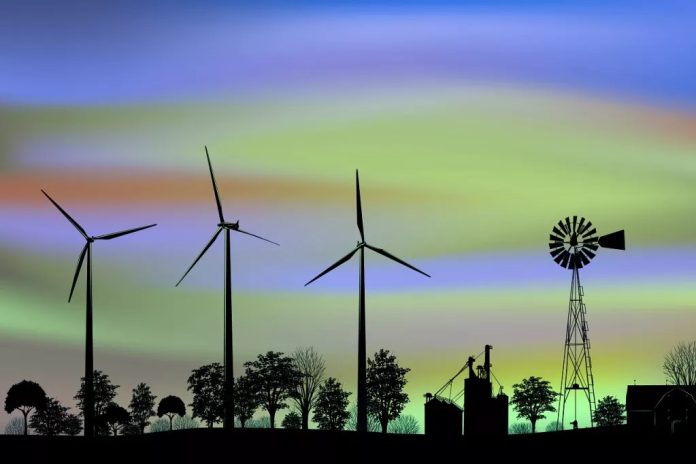Germany has one of states that have the highest living standards in the world. It should be note that thanks to the high standard of living of citizens it becomes possible and proper domestic service. However, the interesting fact is that such indicators were due to the joint work of the Germans and their self-organization.
 The high self-consciousness of the citizens of Germany was found out in the form of creating a number of service cooperatives (credit, construction, communal, etc.), which enable citizens to solve all new problems of an economic nature when private enterprises or individual organizations are unable to provide them with proper services at an affordable price.
The high self-consciousness of the citizens of Germany was found out in the form of creating a number of service cooperatives (credit, construction, communal, etc.), which enable citizens to solve all new problems of an economic nature when private enterprises or individual organizations are unable to provide them with proper services at an affordable price.
Energy co-operatives in Germany are becoming more and more popular – some regions fully provide their members with electricity and have even the rest of it. The main reason for the popularization of energy co-operatives among the Germans is the further decentralization of the services of the energy market, in order to deprive large companies of absolute influence in this area and to enable citizens to make their own decisions on who will supply them with electricity and at what price.
In Germany, cooperatives increasingly began to use cogeneration units, which allow them to receive heat energy, other than electricity, for heating the home. In this process, state and regional programs contribute to solving the energy problem through the introduction of alternative technologies and the growing development of renewable energy sources.
The energy problems are global in scope, so the experience of Germany may be useful to any state, including Ukraine. Experts note that evidence of energy co-operatives in the domestic space is not yet reflect in the literature of the economic sphere of activity.
In Germany, energy cooperatives began to gain popularity in the early twentieth century. Then the main purpose of their creation was the generation of electricity and its proper distribution in the realities of the countryside.
According to estimates, in Germany in 2001, there were 66 co-operative energy associations. In 11 years, this figure has grown to six hundred cooperatives throughout the country. By the end of 2012, the cooperative consisted of more than 80 thousand German citizens, their joint capital amounted to 260 million euros, and the total amount of foreign investment was about 800 million. Already at that time, cooperatives produced 290 thousand megawatts of electricity throughout the year.
According to the Minister of Energy of Germany, the authorities in every way promote and support energy co-operatives. Citizens’ interest in this process played a key role and the state drew attention to the model of co-operative provision as a promising way to solve energy problems.
Experts point out that nearly 90% of Germany’s energy cooperatives have been base in the field of solar energy. This fact is explain by the fact that the energy of the sun can significantly reduce the payback time of projects and gives high performance of objects.
Energy co-operatives in Germany are divide into 4 types:
– those who consume energy (co-operative activities consist in the purchase of electricity and gas and their further distribution);
– those who produce energy through solar, wind and biofuel plants;
– those that produce and consume energy simultaneously (that is, they completely solve the problem of energy supply of their participants);
– those that occupy power generation and simultaneously provide various services (for example, consulting).
 Ukraine, whose territory is suitable for the installation of various types of alternative power generation plants, can take advantage of Germany’s experience and solve many economic problems in this way. Among them are the energy supply of settlements and small cities, which will be able to purchase electricity at cost.
Ukraine, whose territory is suitable for the installation of various types of alternative power generation plants, can take advantage of Germany’s experience and solve many economic problems in this way. Among them are the energy supply of settlements and small cities, which will be able to purchase electricity at cost.


